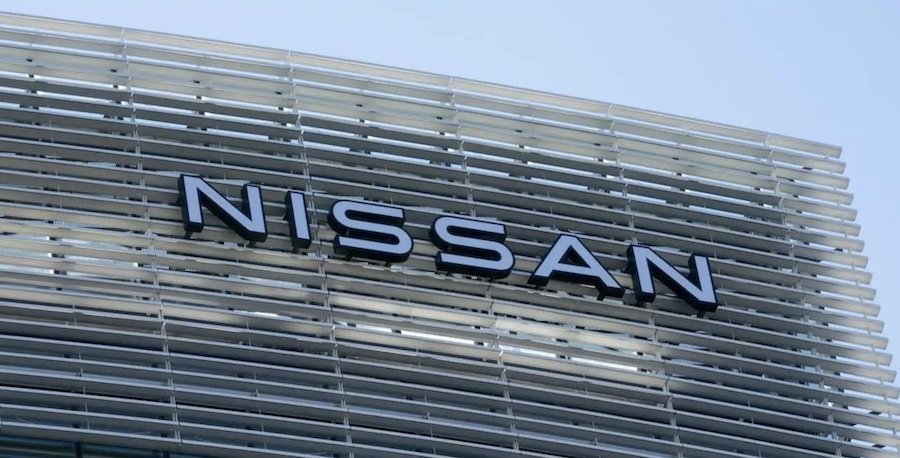Nissan performance arm primes bespoke electrified sports car

Nissan performance division Nismo is readying a new flagship model for the UK, expected to be a stand-alone sports car.
Speaking to Autocar, Nissan Nismo CEO Takao Katagiri confirmed the unnamed model will be sold in the UK as well as mainland Europe and the US, following its release in the car maker’s home country of Japan. He hinted it will arrive this decade.
“[There] is a very, very important vision [in Europe] for Nissan. It’s around the heart of this [new car],” said Katagiri, adding that Nissan’s Sunderland factory also makes the UK an “essential” market for the firm.
“This region [the UK] is very, very special for us, especially [for] performance cars. So one thing I can say is please wait. We are going to introduce a very exciting model to the UK market under the Nismo brand.”
It is likely to arrive as an indirect successor to the Nissan GT-R, which was axed in early 2022 after 13 years. Tight European emissions rules have also kept Nismo’s other tuned model, the Z sports coupé, out of the continent.
This new car is likely to be powered by a hybrid powertrain and Katagiri confirmed a “combination” of hybrid and EV models will be launched.
Company executives have previously told Autocar that any performance EVs will need to be powered by solid-state batteries – which Richard Moore, strategy boss of the West Midlands Gigafactory, has said are still 10 years away from making it into mainstream production cars. So if the new car is to be viable in Europe, a hybrid option will be the most likely starting point.
However, a fully electric powertrain could be the next move for Nissan, with François Bailly, senior vice president and chief planning officer for the AMEIO region (Africa, Middle East, India, Europe and Oceania), previously telling Autocar: “I would love to have an EV sports car, but we need to organise. We’re not ready to announce the sequence, but it’s clearly on the table.”
He added that more mainstream models will come first, though.
Nissan’s timetable for solid-state batteries gives clues to when enthusiast-oriented EVs could arrive. Research is in a relatively advanced phase and a pilot factory is due to come online in 2024. The technology is expected to be ready by 2026 and the first production cars using it should be on the road by 2028.
This new technology ought to markedly increase energy density and speed up price parity between electric and petrol and hybrid cars. Nissan estimates an initial cost of $75 (£57) per kWh, compared with the current cost of around £100 per kWh.
Crossover clues for Micra EV
At the other end of the spectrum, Nissan remains committed to smaller, more affordable cars. “It’s super-important,” said François Bailly. “In Europe, it’s a key segment, and having those younger customers going to EV, so you’re building the new generation, is essential.”
The Micra replacement won’t be a traditional hatchback, though. Based on the CMF-BEV platform, it will be a compact electric crossover built alongside the revived Renault 5 in Douai. Bailly said: “The EV market is clearly moving towards crossovers, for good or bad reasons. You have the stance, the perceived safety, the cargo space. Crossover is a key strategic axis.”
Q&A: Guillaume Cartier, Nissan AMEIO region chairman
Why is Nissan only now launching its second EV?
“Today, we have a vision until 2030 and that’s something which is new in Nissan. Until recently, we were more acting on MTP [medium-term plans], so a kind of three- to five-year cycle. Now we look 10 years ahead. The second point is that not only do we have vision but we have a clear view of electrification. Today, you have to decide: do I invest in EV or in EV and ICE? We will not invest in Euro 7 [for non-hybrid cars].”
What’s the plan for Nissan’s Sunderland operations?
“Nissan is recognised as a Japanese company, of course, but the decision has been made that we invest and we manufacture in Europe, in the UK. That’s a big statement, because the company has more than 40 plants. So why in the UK? Because there is the know-how and we have built the full ecosystem, which is of course to build cars there but also to be in a position to have the battery production – the gigafactory for 9MW – next to the plant.”
How will the Renault-Nissan-Mitsubishi Alliance differentiate EVs on the same platforms?
“Even if you look at some of the platforms that are used for cars in the same segment, the cars are really different, because the way we design cars is totally different. In the Alliance, there are many things that aren’t necessarily visible but really important.”
How is Nissan affected by the chip crisis?
“It’s better than it was. So we’re planning to increase [car production] dramatically, but this year, globally and in Europe, the demand isn’t yet at the level that we want. So little by little, we’re growing. But I’m optimistic. I think it will definitely be better in 2022 than it was in 2021."
Related News


